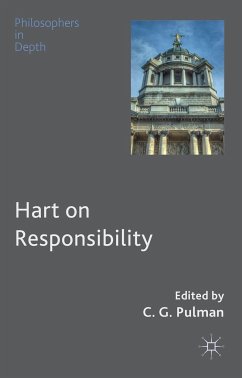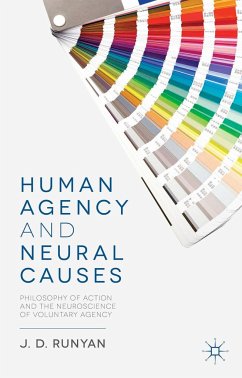
Luck: Its Nature and Significance for Human Knowledge and Agency
Versandkostenfrei!
Versandfertig in 6-10 Tagen
53,99 €
inkl. MwSt.
Weitere Ausgaben:

PAYBACK Punkte
27 °P sammeln!
As thinkers in the market for knowledge and agents aspiring to morally responsible action, we are inevitably subject to luck. This book presents a comprehensive new theory of luck in light of a critical appraisal of the literature's leading accounts, then brings this new theory to bear on issues in the theory of knowledge and philosophy of action.














